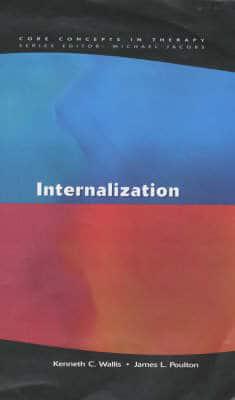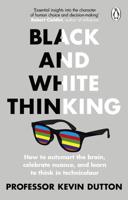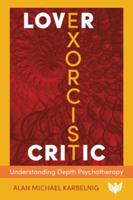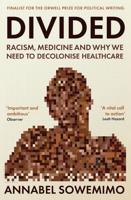Publisher's Synopsis
The process of internalization is fundamental to all forms of psychotherapy. It is difficult to see how any healing process is meaningful unless the one to be healed "takes home" some element of the cure. How else may a "cure" take place unless it is "internalized"? This book surveys the development of concepts pertaining to the processes by which an individual's internal world comes into being. The core concepts of internalization - identification, incorporation and interjection, which heavily influenced the evolution of psychoanalytic schools, illustrate the commonalities and differences between a wide variety of psychotherapeutic paradigms. Through an examination of representative proponents of the four major sub-divisions of psychotherapeutic schools - psychoanalysis, cognitive-behavioural, humanistic/existential and family-systems - the authors show how internalizing concepts and principles shed light on the theory and practice of psychotherapy.









